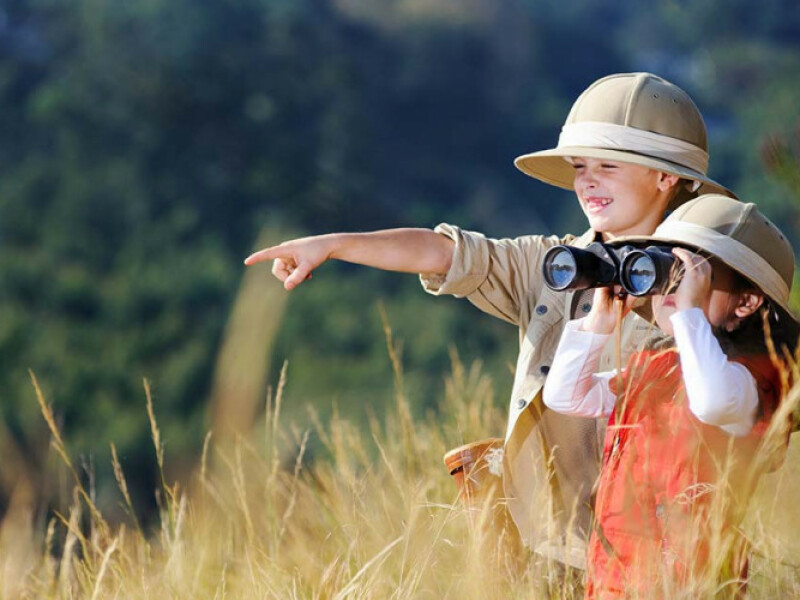What value do we put on curiosity today?
School for CEOs have been supporting senior leaders in business since 2011. We trade on curiosity, and the desire of senior executives to explore the unknown, to understand their environment better as well as their role and influence within it. As School for CEOs Managing Partner, David Sole notes, ‘Curiosity is a characteristic that I notice the most, in the most inspiring leaders I come across. Actually, when I speak with CEOs who are incurious, I’m left feeling a bit disappointed’.
But the way in which we express our curiosity is changing. Ian Leslie’s book, Curious, explores how our cultural evolution and strong desire to create shortcuts, may be leading our curious natures towards benign neglect.
Leslie talks of puzzles and mysteries. We are fascinated by puzzles. What’s more, we are addicted to them, in particular the satisfaction of reaching the solution. Society has developed to satisfy this need and today, solutions are quite literally at our fingertips, you just need to open your go-to search engine and type in your question.
However, because information is now so easy to obtain, we don’t actually need to know things. I don’t even need to know my way around my hometown, I can just ask Google maps to show me the best route to get to my favourite places.
Reducing the space between question and answer; doing things more easily, faster and cheaper has been the goal. Surely this is a good thing? Leslie disagrees. He argues that while there are short term gains to be had in solving puzzles, it is mystery that inspires long-term curiosity.
The nature of a mystery is such that we may never find the answer, but that is what keeps us interested. Beautiful though it is, would Loch Ness have welcomed the same number of tourists from all over the globe without the story of the elusive Loch Ness Monster? It is the mystery and wonder of Nessie that gives her international fame and keeps her alive in our minds.
Usually, when we solve a puzzle, our attention immediately moves onto something else. Something novel. There is a name for this: diversive curiosity. This is the beginning of curiosity and it describes our desire for all things new, including information, sensations, experiences and challenges. Digital is like anabolic steroids for diversive curiosity.
Social media is set up to send us snippets of information, a constant stream of new images, sounds and stories. And as the speed and volume of new information increases, our attention spans shorten. The average length of a shot in an American movie today is about two seconds, compared with 27.9 seconds in 1953. If things drag on for too long, we begin to lose interest.
When we do manage to stop and hold our focus on one topic our diversive curiosity matures, into epistemic curiosity which is this quest for knowledge and understanding. This takes cognitive effort but is the most enriching. The purpose of Leslie’s book is to inspire people to hold their attention a moment longer and to take pleasure in mysteries in order to feed their epistemic curiosity.
Scientific research repositions curiosity as a state, rather than a trait. It is responsive to our situation and environment. If you take a moment to reflect on how curious you have been recently, you may notice that you are more curious in some situations than others, and about certain subjects. What motivates you to be curious? Leslie explores three factors that can influence how curious you are about any given subject.
The first theme is surprise. The developmental psychologist Jean Piaget frames curiosity as an intellectual need to make sense of the world. When there is incongruence between our expectations and reality, our curiosity is piqued. Piaget presents this as an inverted U. When the incongruence is low, we are not particularly bothered about it. When it is high, it can be quite frightening, and we withhold our curiosity in fear of what we might discover. In the space between those two extremes, we are motivated to explore further.
The second factor is presented by George Loewenstein (psychologist and behavioural economist) who describes curiosity as a response to an information gap. When we know nothing at all about a subject, motivation is low as we either find it hard to imagine it’ll be interesting, or we become intimidated by the effort and time it might take to digest something complex from scratch. At the other end, when we feel we know a lot about a subject, we become less motivated to learn more.
This perception of knowledge also affects motivation to be curious. Often, we are guilty of developing an over-confidence around knowledge as we are not adept at spotting our knowledge gaps. Or, we are so low in confidence on a topic, we would feel vulnerable asking questions about something and exposing our ignorance.
While businesses may have measured performance on efficiency in the past, there is an increasing demand for curiosity. It nurtures innovation, inclusion and well-being. Taking the opportunity to walk in someone else’s shoes, might just change your outlook. Taking you time to really understand something on a deeper level, might help spark a lightbulb down the line.
We invite leaders to embrace their naivety. Celebrate it. Be brave, patient and open-minded. In doing this, you may just learn something new, from somewhere unexpected.
If this article has piqued your curiosity, order your copy of Ian Leslie's Curious: The Desire To Know And Why Your Future Depends On It


